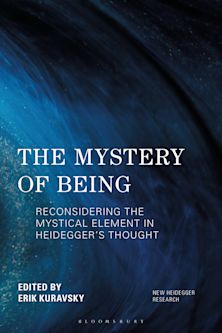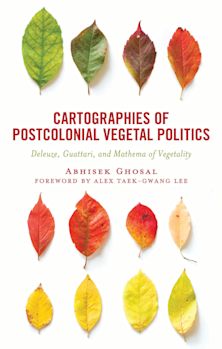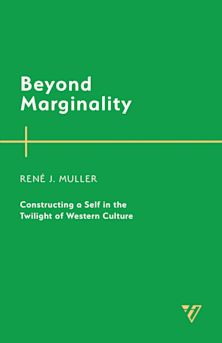Kant's Struggle for Autonomy
On the Structure of Practical Reason
Kant's Struggle for Autonomy
On the Structure of Practical Reason
This product is usually dispatched within 1 week
- Delivery and returns info
-
Free US delivery on orders $35 or over
Description
In Kant’s Struggle for Autonomy: On the Structure of Practical Reason, Raef Zreik presents an original synoptic view of Kant’s practical philosophy, uncovering the relatively hidden architectonics of Kant’s system and critically engaging with its broad implications. He begins by investigating the implicit strategy that guides Kant in making the distinctions that establish the autonomous spheres: happiness, morality, justice, public order-legitimacy. The organizing principle of autonomy sets these spheres apart, assuming there is self-sufficiency for each sphere. Zreik then develops a critique of this strategy, showing its limits, its costs, and its inherent instability. He questions self-sufficiency and argues that autonomy is a matter of ongoing struggle between the forces of separation and unification. Zreik proceeds to suggest that we “read Kant backward,” reading early Kant in light of late Kant. This reading reveals Kant's strategy of both taking things apart and putting them together, focusing on the joints, transitions, and metastructures of the system. The image emanating from this account of Kant’s legal and moral philosophy is of an intimate yet tragic conflict within Kant’s thought—one that leaves us to our own judgment as to where to draw the boundaries between spheres, opening the door for politicizing Kant's practical philosophy.
Table of Contents
Abbreviations
Part 1: Kant's Strategy of Retreat
Chapter 1: Autonomy in Kant's Critique of Pure Reason
Chapter 2: The Autonomy of Morality
Chapter 3: The Autonomy of Justice (Law)
Chapter 4: The Autonomy of Public Order (Legitimacy): Kant on Revolution
Part 2: Critique of Kant's Strategy of Retreat
Chapter 5: The Autonomy of Public Order (Legitimacy) Revisited
Chapter 6: The Autonomy of Justice (Law) Revisited
Chapter 7: The Autonomy of Morality Revisited
Part 3: Beyond Kant. Engagements with Current Debates
Chapter 8: Wood and Willaschek: Between Law and Morality Again
Chapter 9: Korsgaard on Lexical Priority, Rigorism, and the Double-level Theory
Chapter 10: Herman and the Sensitivity to the Particular
Conclusion
Product details
| Published | Feb 15 2023 |
|---|---|
| Format | Hardback |
| Edition | 1st |
| Extent | 336 |
| ISBN | 9781793638830 |
| Imprint | Lexington Books |
| Illustrations | 1 b/w illustrations; 1 tables; |
| Dimensions | 9 x 6 inches |
| Series | Contemporary Studies in Idealism |
| Publisher | Bloomsbury Publishing |
Reviews

ONLINE RESOURCES
Bloomsbury Collections
This book is available on Bloomsbury Collections where your library has access.



































